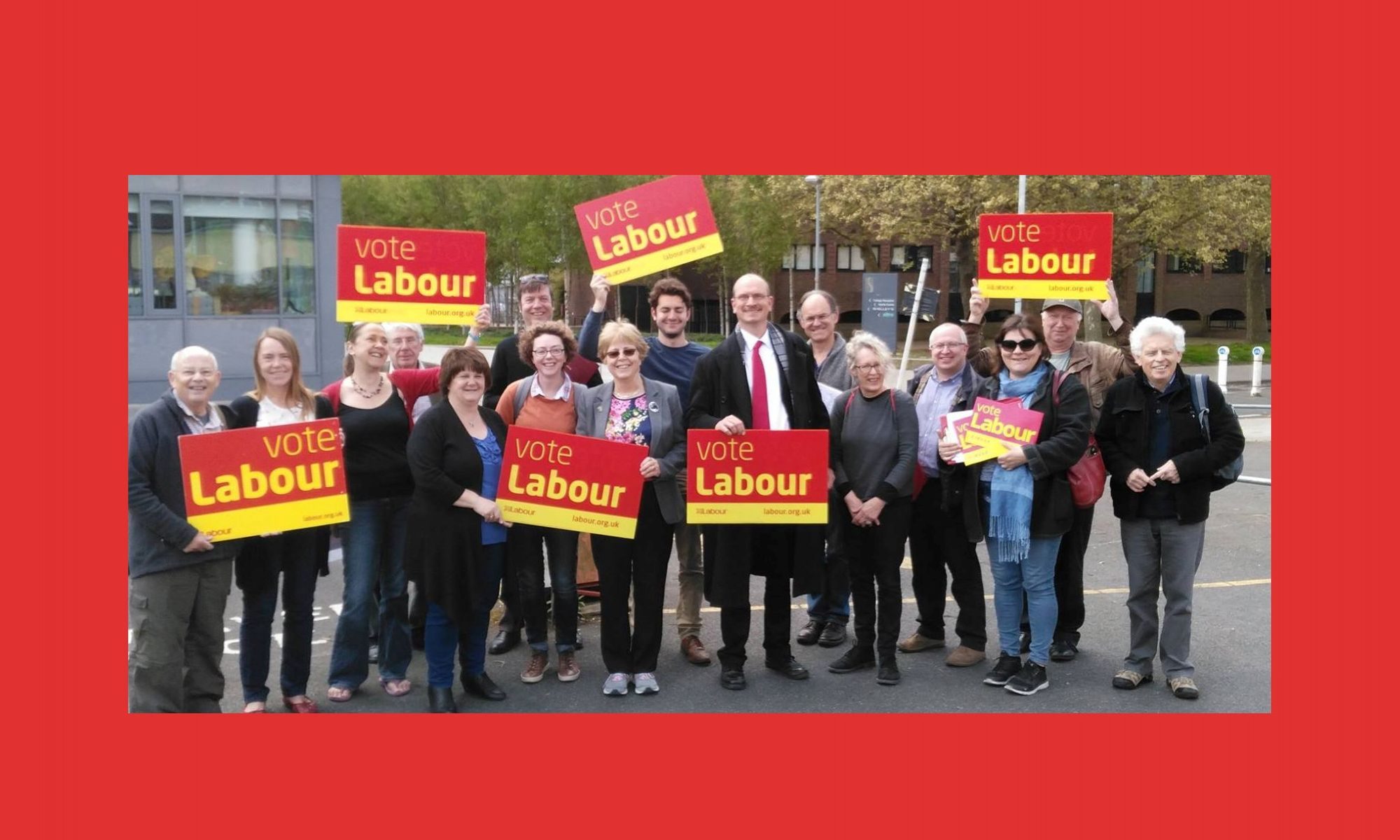There were 1,460 unemployed people claiming benefits in Ipswich last month, 15 lower than August. Ipswich has a 2.5% unemployed claimant rate, like the UK as a whole. But the national rate of unemployed people – including people who are NOT claiming benefits – is 4.3%, and that’s probably true in Ipswich as well. It’s more and more difficult to claim, and there’s a significant number of people who need help but aren’t getting it.
And when people do get work they still won’t necessarily be able to provide for themselves or their children. Wages in this country are lower than they were 10 years ago. More and more people are on zero hours contracts, not knowing from one week to the next whether they will have enough work to keep them going. And at the same time, rents – especially with private landlords – have gone up and up.
Into these stormy waters, the Government has thrown the mill-stone of Universal Credit (UC). UC is a new system of benefits payment which is meant to be simpler and encourage people back into work. It has been tried out on people in various places, including Waveney, to see if it works. And it doesn’t work – so why on earth are they rolling it out anyway without fixing the problems first?
The Citizen’s Advice Bureau; Christians Against Poverty; Stepchange Debt Charity; Shelter; Crisis; the Joint Public Issues Team of Churches Working for Justice – all have written to tell me how concerned they are about people being driven into poverty and despair by UC.
The problems are many. Claims must be made online – yet support for agencies such as the Citizens Advice Bureau and Disabled Advice Bureau to help claimants who can’t access the internet on their own is woefully inadequate. Housing and Council Tax are Council responsibilities, yet the Government won’t enable Councils to cooperate with the Department of Work & Pensions to get each case right. Ipswich Borough Council is setting up a task-and-finish group to help prepare for the roll-out of UC to Ipswich in April, and I will raise issues that arise from that with the relevant Minister. Even Conservative MPs, such as Peter Aldous in Waveney, had legitimate concerns about the way UC is being imposed at the debate in the House of Commons on Wednesday – a debate which the Government refused to vote on because they knew they had lost the argument.
The Government says claimants should be paid 6 weeks after making a claim. Many claimants are actually left waiting for over 10 weeks. But even when the 6 weeks target is met, how many of us could live without any income at all for 6 weeks, let alone those who already have nothing? People are being driven into serious debt – and private tenants are being evicted because they can’t pay the rent. Single mothers have lost their jobs because they have been unable to pay for their childcare. Foodbanks are under strain.
When people finally do get their first payment, it is far too often wrong. The IT system used to assess claims is not fit for purpose. There’s not enough support for people to appeal. And there’s no adequate emergency payments system to tide people over. If people are over-paid through no fault of their own, they are expected to pay the money back in far too short a time.
And UC will not actually benefit people who find work as it was supposed to do, because the government has cut £3 billion from the programme. If people were significantly better off by doing more work, we could actually reduce the overall benefits bill because more people would be working. But because they are too mean, the government has failed to achieve that.
It needs to be easier to claim. Snags in the computer system need to be ironed out. Charities need more support to help people make valid claims. Councils need to be equal partners. The first payment needs to be made earlier, and it needs to be easier to obtain emergency support. Above all, the system needs to give a genuine financial benefit to people who do more work.
Labour wants working people to support themselves. People need help back into work, proper pay so they don’t need to rely on benefits, and rights and protections – including an end to zero-hours contracts – so they’re not threatened with unemployment or debt. Until UC is fixed, it’s going to be a part of the problem, not part of the solution.
